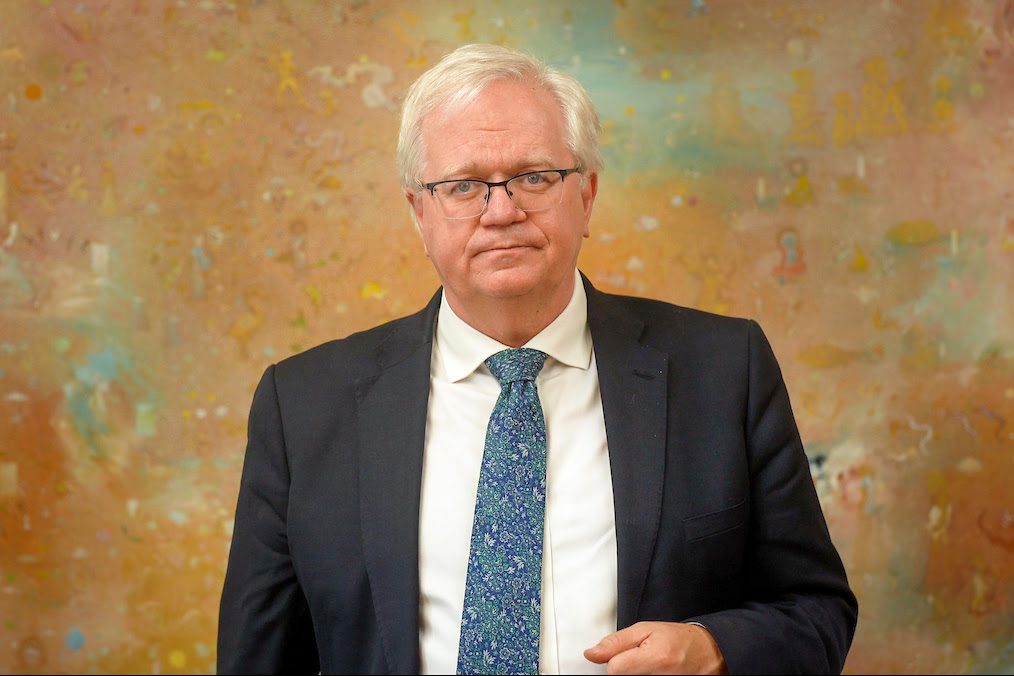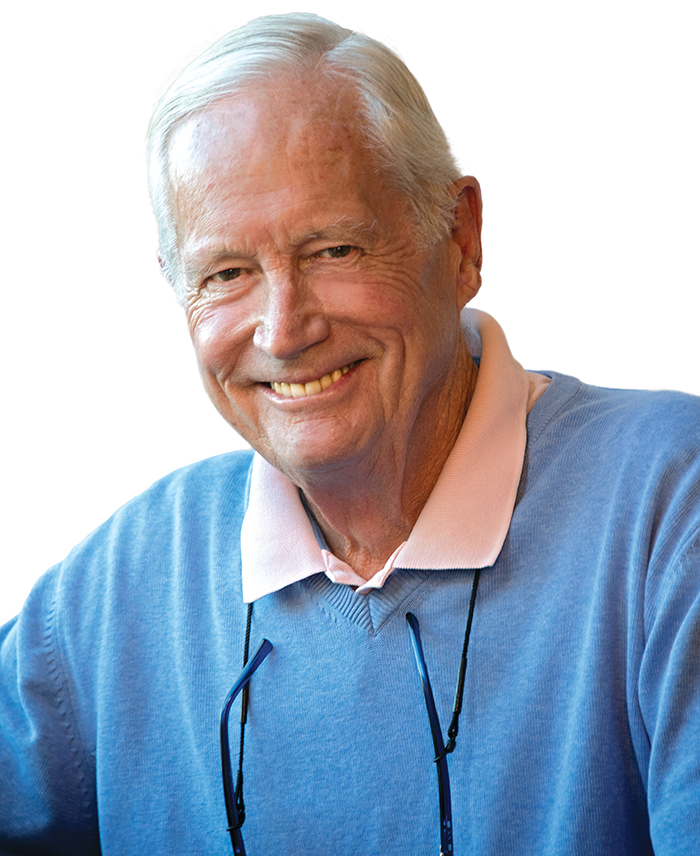
“Recently I stumbled on an invention that holds the key to our capacity to survive the crisis of climate change and the rising tide of populist nationalism,” writes The Gadfly columnist ROBERT MACKLIN.
I was wrong.

In a recent column I declared that sport was humanity’s best invention, and listed the virtues inherent in its practice, from inclusivity to fairness, team spirit, fitness, community bonding and recreation.
All true and, in a troubled world, it’s riding high.
But recently I stumbled on a far more consequential invention – one that holds the key to our capacity to survive the crisis of climate change and the rising tide of populist nationalism at the hands of the Putins, the Trumps, the Netanyahus and their mates. It’s called “peer review” and it’s the necessary fulcrum of all scientific endeavour.
And it’s in deep trouble.
Its problems leapt to the fore in the wild outburst surrounding the presidents of Harvard, the University of Pennsylvania and MIT who, according to their critics, were insufficiently robust in condemning anti-Semitism.
The most controversial was Harvard’s Claudine Gay, a black woman who was also charged by a longtime critic with “plagiarism”. This in turn focused attention on the practice of peer review which, he alleged, should have picked it up.
Next came revelations that peer review itself was being undermined, calling into question the whole process of scientific endeavour.
That is an existential disaster in the making.
The system has a very long and fascinating history. It began in medicine in the Middle East in about 900AD when physicians were required to make notes of their treatment of patients, who were cured or who died.
If the latter, a group of senior practitioners examined the notes and decided whether the family had grounds for legal action.
Guttenberg’s invention of the printing press in about 1440 revolutionised the practice. Authorities in a range of written observations and conclusions could examine and decide what was fit to print. Unfortunately, their obsession with religion brought unfathomable clashes between fables and facts, a tragedy for Galileo whose telescopic observations of the solar system led to his imprisonment for a decade.
In the Middle Ages, the rival Oxford and Cambridge universities became killing fields for one side or other of various Christian doctrines, brilliantly detailed in a soon-to-be-published work by Australia author Peter Thompson, in London called Two Shades of Blue.
However, the great Francis Bacon in 1620 established the broad peer review rules in his Novum Organnum and by century’s end the Royal Society took charge and gradually established hard and fast procedures for expert review prior to official publication.
These were gradually tightened as technology advanced and by 2002, a review of the process by Ray Spier in Trends in Biotechnology, declared: “Peer-review has come a long way in defence of its turf. In a world where knowledge is being made available at a rate of millions of pages per day, it is comforting to know that some subset of knowledge or science has been critically examined so that were we to use it in our work we would be less likely to have wasted our time.”
Ah, if only…
Since then, according to reportage surrounding the Claudine Gay case, the authorities in a vast array of specialties are so overburdened with review requests – without due payment – that they pass them down the line to post doc students or return them after a superficial glance. On other occasions, there is official intervention that prevents international review for “possible” security reasons and in others there are accusations of commercial theft.
These are mostly American complaints, but chances are that the same infection is taking hold here.
It would be timely for someone, such as retiring ANU vice-chancellor Brian Schmidt, to head a distinguished taskforce of professors emeritus to peer into the Australian reality.
Who can be trusted?
In a world of spin and confusion, there’s never been a more important time to support independent journalism in Canberra.
If you trust our work online and want to enforce the power of independent voices, I invite you to make a small contribution.
Every dollar of support is invested back into our journalism to help keep citynews.com.au strong and free.
Thank you,
Ian Meikle, editor




Leave a Reply